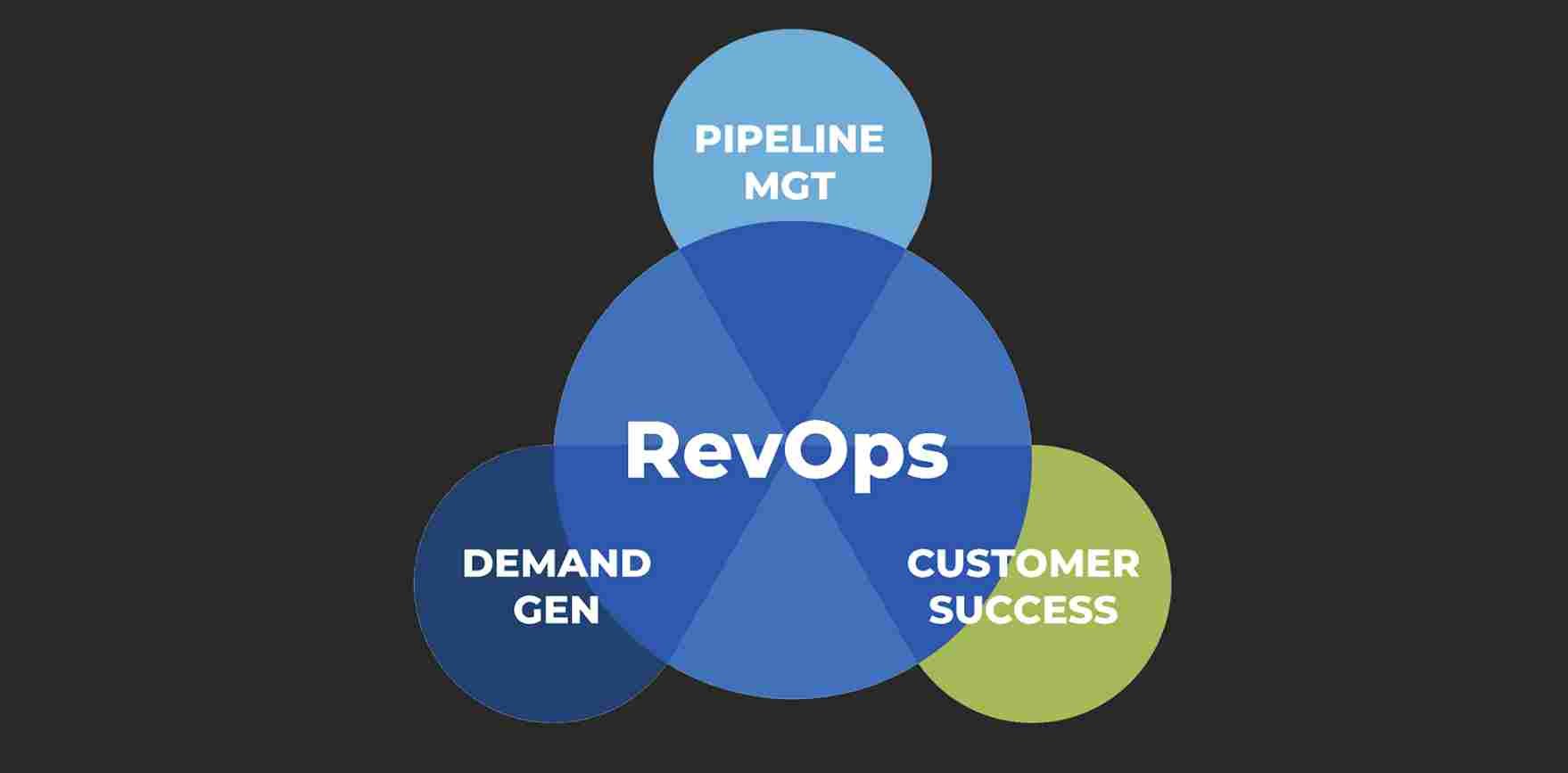5 Tips for Marketing Your Brand With Social Media
One of the many reasons to use social media for marketing your business is branding. Particularly for small startups, it’s important to develop and promote a brand that customers will remember. By engaging potential clients on social media, you not only build a brand, you engage people and build personal relationships that turn prospects into paying customers further down the sales funnel.
Best Social Media for Business Branding
With social media sites so popular and more and more of them popping up each month, it’s not always easy to determine where you should be focusing. Personal social networking is different than business social networking, so it’s important to target the right sites and provide the right type of content.
The top social media sites for small business are Facebook, Twitter, LinkedIn, Google+, Instagram, Pinterest and YouTube. While you don’t have to use all of them, it’s a good idea to make a business page/profile on at least three or four of them and keep those pages updated on a regular basis.
Why You Need to Use Social Media for Branding
It’s hard to stand out from the huge social media crowd competing for the attention of your target market but you still have to try because that is where your clientele hang out. Your message will join countless others; it is your goal to somehow draw attention away from all the rest. Posting a combination of text, image and video content works best, depending on which platform you are using.
Not sure how to start a social media campaign that will attract your target market? Here are five ideas from big companies that can help your small business thrive online.
1. Competitions – everyone loves to win something. With a competition posted across social media sites, you not only glean valuable insights into your target market, you create a real buzz likely to go viral. For instance, Cadbury asked fans to build a giant hand resembling the Facebook “like” symbol out of Dairy Milk bars and offered participants the chance to become a taster for new products. Mountain Dew used a crowd sourcing strategy to ask for input on a new soda flavor, allowing consumers to help develop the final product. Because fans were actively engaged in these competitions, they were more likely to become loyal customers.
2. Quizzes/Games – post a quiz or a game that allows entrants to win something for free. For example, Heinz posted a short personality quiz that matched each consumer with the perfect can of beans and then awarded one winner per hour to receive that product for free.
3. Apps/Games – develop a game or interactive app based on your brand. This allows people to have fun while seeing your brand over and over again. Progressive Insurance did this with a “Find Flo” app while A&E created a Parking Wars game based on the television show.
4. Free Content – ask friends/followers to create content for you, such as making a personal video showing the use of your product or capturing a visit to your business. Ask fans to post their content directly on your Facebook page. Paramount did this with the movie, Paranormal Activity, by posting viewers’ reactions to the film. Twitter’s Vine app, which allows you to upload 6-second videos, is a good tool to use.
5. Offers – people always want something for free. You don’t have to go crazy with this but if you really want more followers/fans/friends, try giving away something for nothing, such as a gift certificate or a sample product. Domino’s Pizza UK advertised various “featured flavors” in a succession of tweets using the hashtag #letsdolunch and discounted the price of a pizza by a penny for each tweet using that hashtag. They created a huge buzz and sold lots of pizzas!
Social media branding is a way for any business to become a household name and there are no excuses for not using it to your advantage. Feeling overwhelmed by the logistics? There are plenty of online marketing consultants who will create a successful social media marketing campaign for you!





